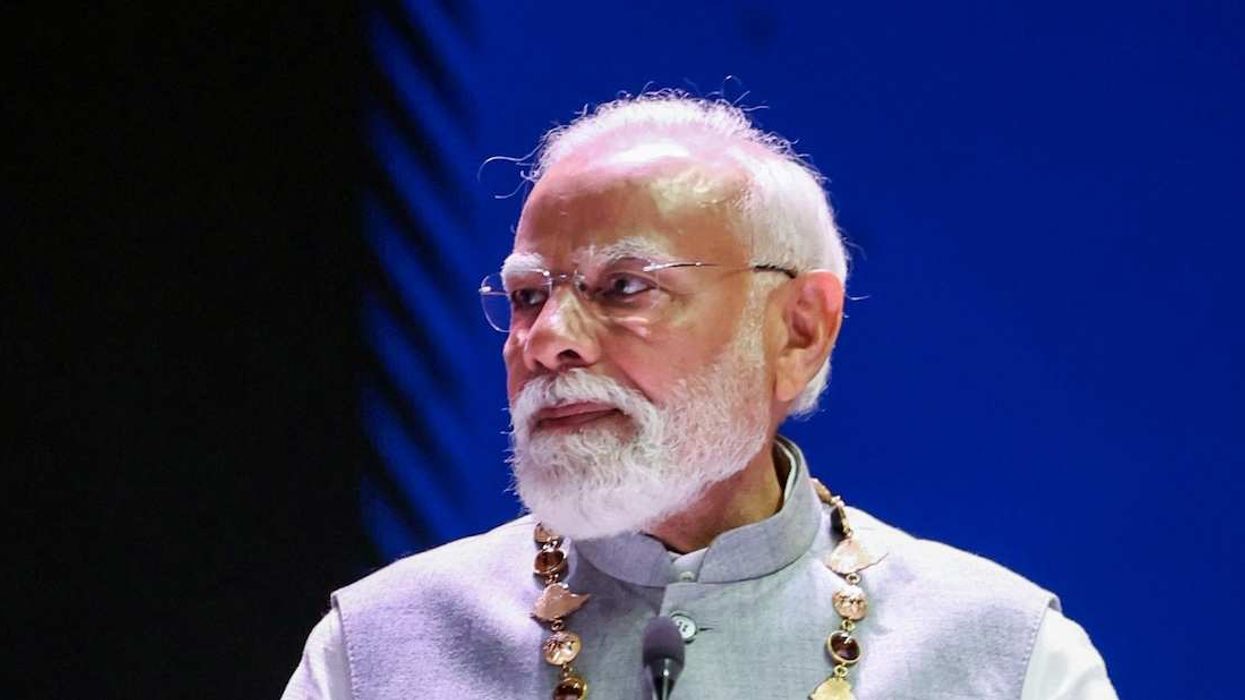Eight out of Mexico’s 11 Supreme Court justices announced late Wednesday that they would resign their positions in opposition to a judicial overhaul that requires them to stand for election, while at the same time Congress passed new legislation that will prohibit legal challenges to constitutional changes. With the opposition in tatters and the courts castrated, President Claudia Sheinbaum’s Morena party has free rein to implement its far-reaching agenda, known as the Fourth Transformation.
Experts say the legislation means Mexico effectively has no checks on presidential and legislative power, given Morena’s coalition supermajority in Congress. The opposition PRI and PAN parties are deeply unpopular and tarnished by corruption, with slim chances of recovering popular support before the midterm elections in 2027. With a strong popular mandate to boot, Morena is on stable ground to pursue whatever projects it wants to prioritize, no matter how potentially disruptive.
Seven of the eight resigning justices will serve through August 2025, with their replacements set to be elected in June, while the eighth has reached retirement and will leave his seat on Nov. 30. The justices made clear their resignations are not meant to legitimize the judicial overhaul, but they stood to lose their pensions if they did not resign or declare their candidacy by Oct. 31.
What’s the next signpost? All eyes will be on the Supreme Court on Nov. 5 (the same day as the US election), when it is expected to discuss a draft ruling on the judicial overhaul that requires justices to stand for election. They may find portions of the overhaul unconstitutional, but with Wednesday’s legislation, that point is rendered moot.


















